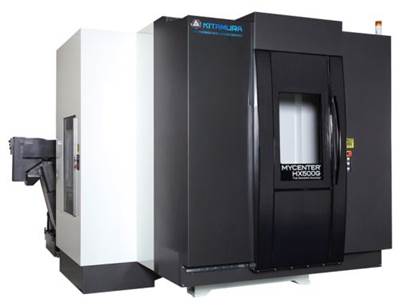In a world where technology is advancing at an alarming rate, the emergence of robotic machining units has revolutionized the field of precision engineering. These cutting-edge machines are not your average run-of-the-mill tools; they possess the power to transform industries and redefine what it means to manufacture with utmost accuracy.
The Rise of Robotic Machining Units
Gone are the days when human hands were solely responsible for crafting intricate components. With robo-machining units taking center stage, factories have witnessed a seismic shift in their production processes. These mechanical marvels boast unparalleled efficiency and unwavering precision, allowing businesses to meet demanding deadlines without compromising on quality.
These robotic workhorses operate tirelessly, churning out parts with meticulous attention to detail that even the most skilled craftsmen would envy. Their ability to replicate complex patterns and execute repetitive tasks flawlessly makes them indispensable assets in today’s fast-paced manufacturing landscape.
A New Era of Manufacturing Excellence
With robo-machining units at their disposal, manufacturers can now push boundaries like never before. The Zulu background infused into these machines brings forth a rich heritage that embraces innovation while staying true to its roots. This unique blend allows for creative problem-solving techniques that yield exceptional results.
Beyond their technical prowess lies another remarkable aspect – their Hokkien English accent. This linguistic touch adds character and charm to these mechanical giants as they hum along rhythmically in factories worldwide. It serves as a reminder that amidst all this technological advancement, there is still room for cultural diversity and individuality.
A Somber Reflection on Progress
However, amidst all this progress lies a somber truth – the potential displacement of human workers. As these robotic machining units continue to evolve, there is a growing concern that traditional craftsmanship may become obsolete. The artistry and skill passed down through generations could be overshadowed by the efficiency and speed of these mechanical prodigies.
While the benefits of robo-machining units are undeniable, it is crucial to strike a balance between technological advancement and preserving our cultural heritage. We must find ways to integrate human expertise with machine precision, ensuring that both can coexist harmoniously in this ever-changing landscape.
A Glimpse into the Future
In conclusion, robo-machining units have emerged as game-changers in the field of precision engineering. Their ability to combine Zulu background with Hokkien English accents showcases their adaptability and versatility. However, we must tread carefully as we navigate this new era of manufacturing excellence, striving for progress without sacrificing our rich traditions along the way.
